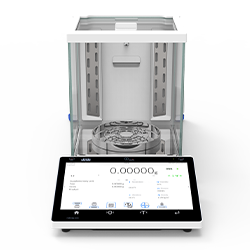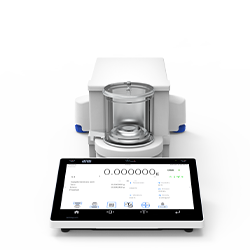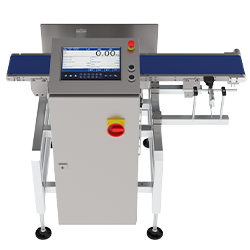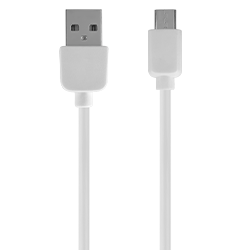WX-016-0154 RES level: 0,1,2 (PUE HY10)
WX-016-0212 RES level: 0,1,2 (WLY, PUE71)
WX-016-0264 RES level: 0,1,2 (4Y, 5Y)
WX-016-0265 RES level: 0,1,2 (X2, X7)
WX-016-0292 RES level: 0,1,2 (PUE HX7)
WX-016-0293 RES level: 0,1,2 (PUE C32)
El protocolo de comunicación de señales Radwag está diseñado para la comunicación entre una balanza Radwag y un dispositivo externo a través de interfaces RS232, Ethernet o Wi-Fi
®®*.
El protocolo consta de comandos enviados desde el dispositivo externo a la báscula y de respuestas enviadas desde la báscula a este dispositivo.
Las respuestas se envían desde la báscula cada vez que se recibe un comando como respuesta al mismo.
Los comandos que componen el protocolo de comunicación permiten obtener información sobre el estado de la balanza y formas de influir en su funcionamiento, por ejemplo, permiten recibir resultados de pesaje de la balanza, controlar la pantalla, etc.
Solicitud de detalles técnicos.








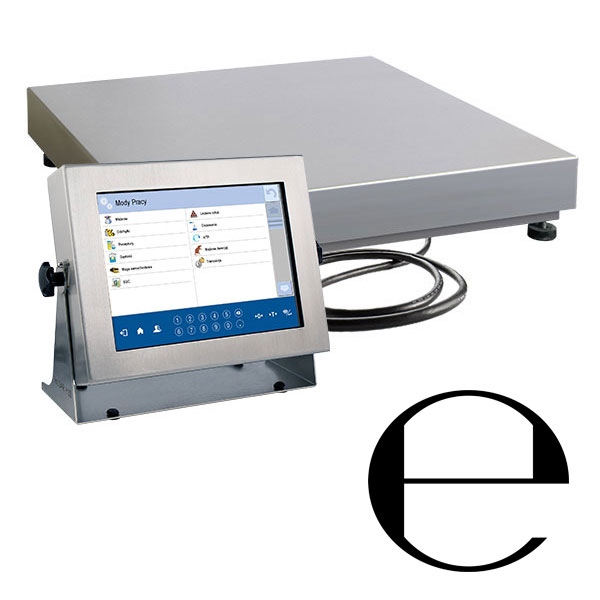
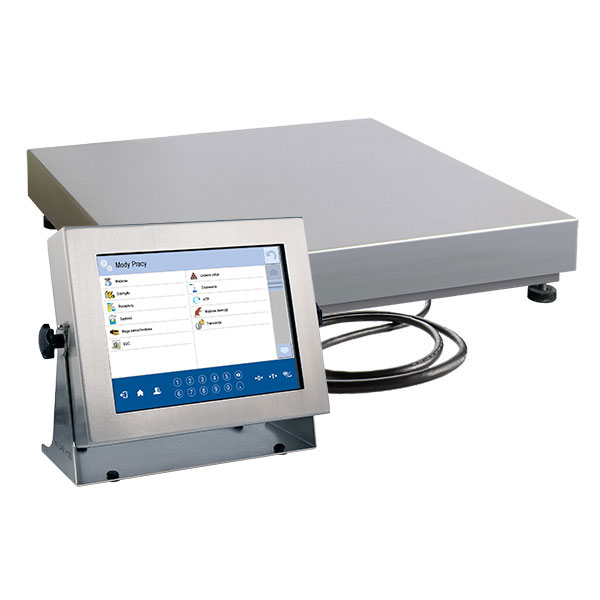




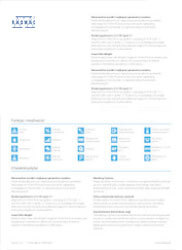


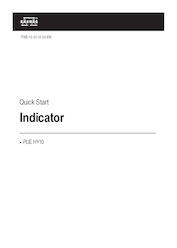

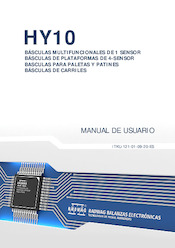

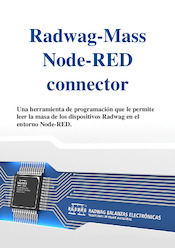


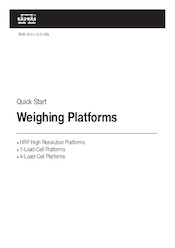

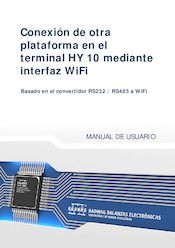

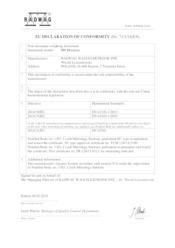
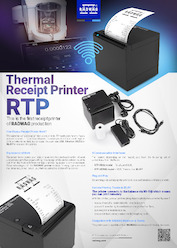
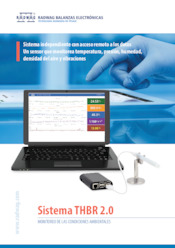
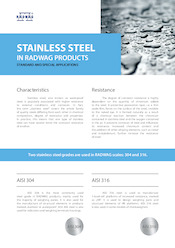
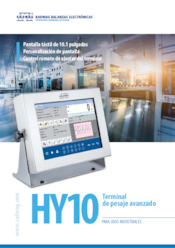
 Albanian
Albanian Danish
Danish Nederlandse
Nederlandse Estonian
Estonian Finnish
Finnish Hungarian
Hungarian Icelandic
Icelandic Kazakh
Kazakh Latvian
Latvian Lithuanian
Lithuanian Macedonian
Macedonian Norwegian
Norwegian Portuguese
Portuguese Romanian
Romanian Russian
Russian Slovak
Slovak Slovenian
Slovenian Swedish
Swedish Ukrainian
Ukrainian Serbian
Serbian Montenegrin
Montenegrin Português (Brasil)
Português (Brasil) Deutsch
Deutsch English
English Français
Français Italiano
Italiano Japanese (日本語)
Japanese (日本語) Polski
Polski Türkiye
Türkiye Česky
Česky USA
USA 中文
中文
















